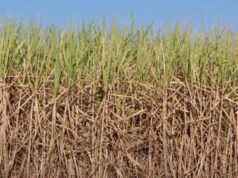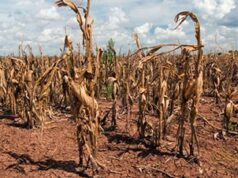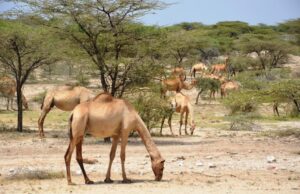Executive Summary
The agricultural sector in Somaliland, particularly in the Marodijeh and Gabiley regions, plays a crucial role in providing food security and livelihoods. However, the impact of climate change has significantly affected the productivity of agropastoral communities in Somaliland. Frequent droughts, floods, land degradation, and the emergence of invasive plant species have contributed to declining crop yields and livestock numbers in Somaliland. Key findings show that erratic rainfall patterns, reduced water availability, and rising temperatures have led to soil erosion, loss of pasture, and weakened food systems, posing a serious threat to the sustainability of agricultural livelihoods in
This report offers in-depth insights into how climate change is reshaping agriculture in Somaliland and explores local coping mechanisms and the need for stronger adaptation strategies. It is essential reading for anyone who wants to understand the challenges and opportunities for agricultural development in Somalia.
Recommendations
However, the impact of climate change has significantly affected the productivity of agro-pastoral communities. To enhance the adaptive capacity of the Agro-pastoral communities in the M&G, improve their resilience, and reduce their vulnerability to climate change and climate variability. Develop a National Adaptation Program of Action (NAPA). This should be led by Somaliland government, particularly the Ministry of Planning and National Development. The UNFCCC has programs to facilitate and assist in this regard for
developing countries.
Download the full report below to learn more:















